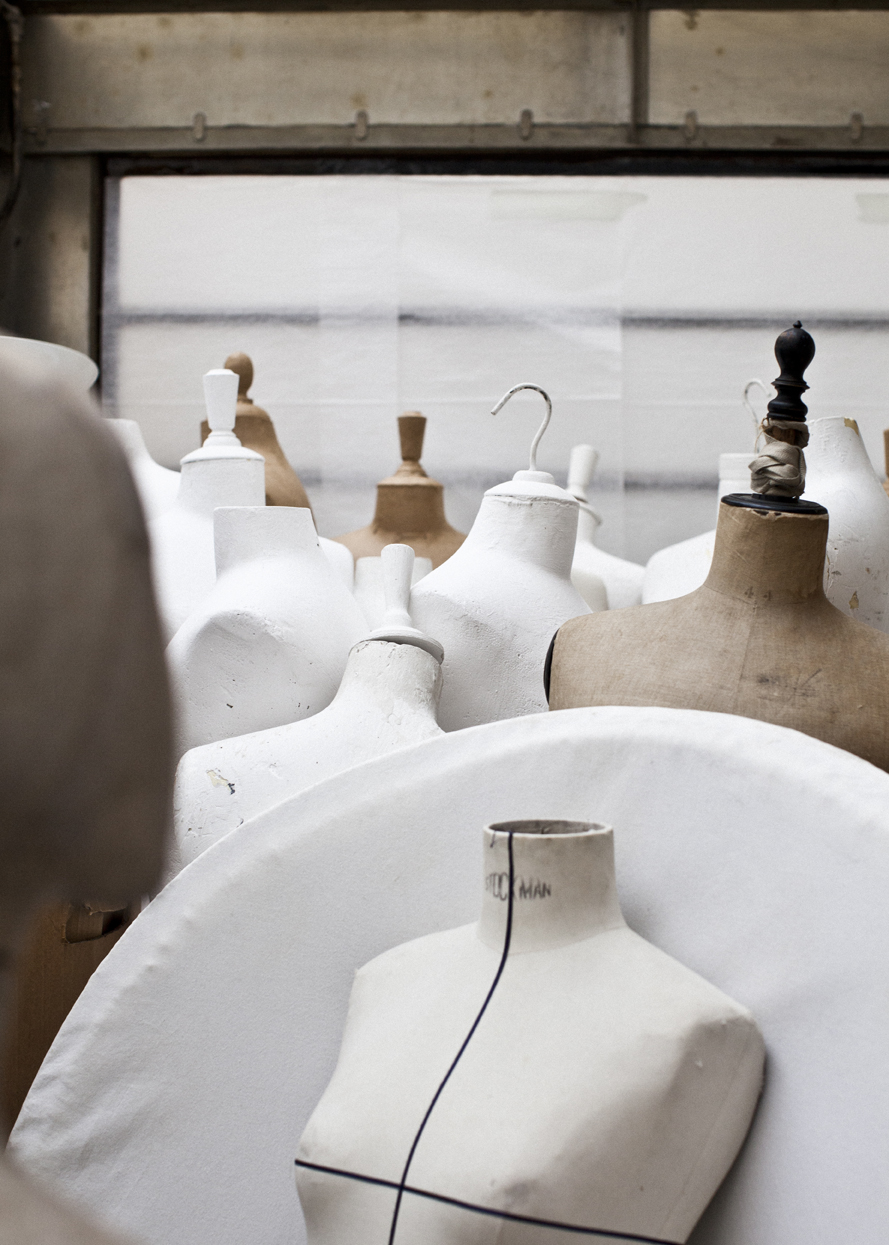Who is hiding behind the famous haute couture house Maison Margiela?
On the occasion of the reception of the new collection we have decided to introduce this mysterious and talented character.
Prestigious French haute couture house, Maison Martin Margiela was founded in 1988 thanks to the Belgian designer Martin Margiela. His universe, built both on the sketch and the transformation of pre-established rules, quickly seduced followers of the non-conformist style.
Discover the history and creations of this exceptional MM6 Maison Margiela on our website.
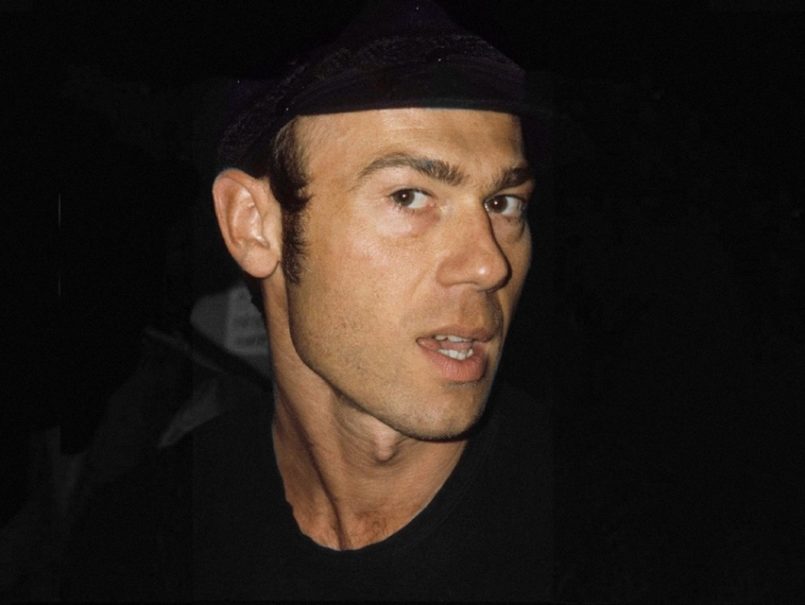
Creations in complete discretion
Martin Margiela is one of the most discreet creators in the world. He refuses many interviews and usually answers by fax. We find few photos of him, very few on the internet, he did not always greet his parades, or even never. Disappeared from radar for 10 years, Margiela was little known to the general public.
For the press, this anonymity is an advertising strategy, although Maison Martin Margiela claims that this anonymity is a reaction to a fashion industry that had become too commercialized and a sincere attempt to refocus onto fashion, on the clothes and not on the characters behind them.
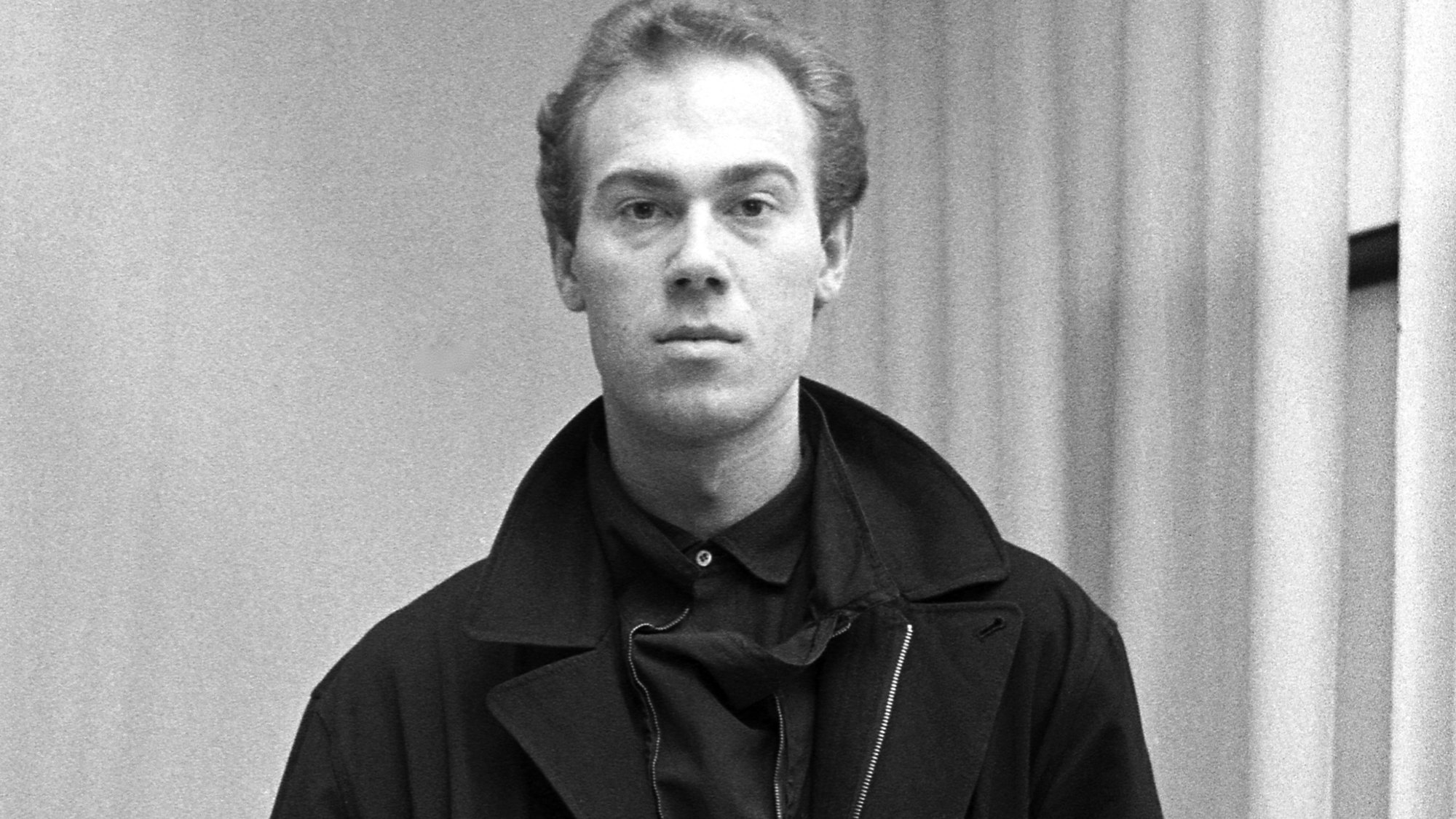
An attitude that is also reflected in his brand. At Margiela, we do not advertise and the labels of the clothes remain white so as not to claim any brand. Creation comes before industry.
Retrospective on the one who revolutionized fashion
The Belgian fashion designer was born in Leuven, Belgium in 1957. Passionate about fashion, he studied at the Royal Academy of Fine Arts in Antwerp. Although he finished these a year earlier, in 1979, he was often mistakenly associated with members of the group of young avant-garde stylists of the 1980s, the Antwerp Six including the eccentric fashion designer Dries Van Noten.
He started out as a freelancer for five years before moving to Paris. He made his first steps in haute couture with Jean Paul Gaultier as a personal assistant from 1984 to 1987. He was very admiring of the young designer’s work, which was already making a lot of headlines.
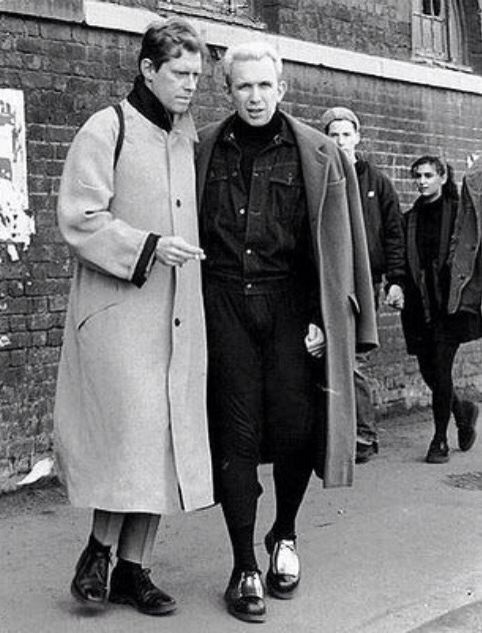
From 1997 to 2003, the company supervised the artistic direction of the women’s collections for the prestigious house Hermès. He created his creations with a team of stylists under the direction of Hermès President Jean-Louis Dumas, but as always Margiela remained anonymous.
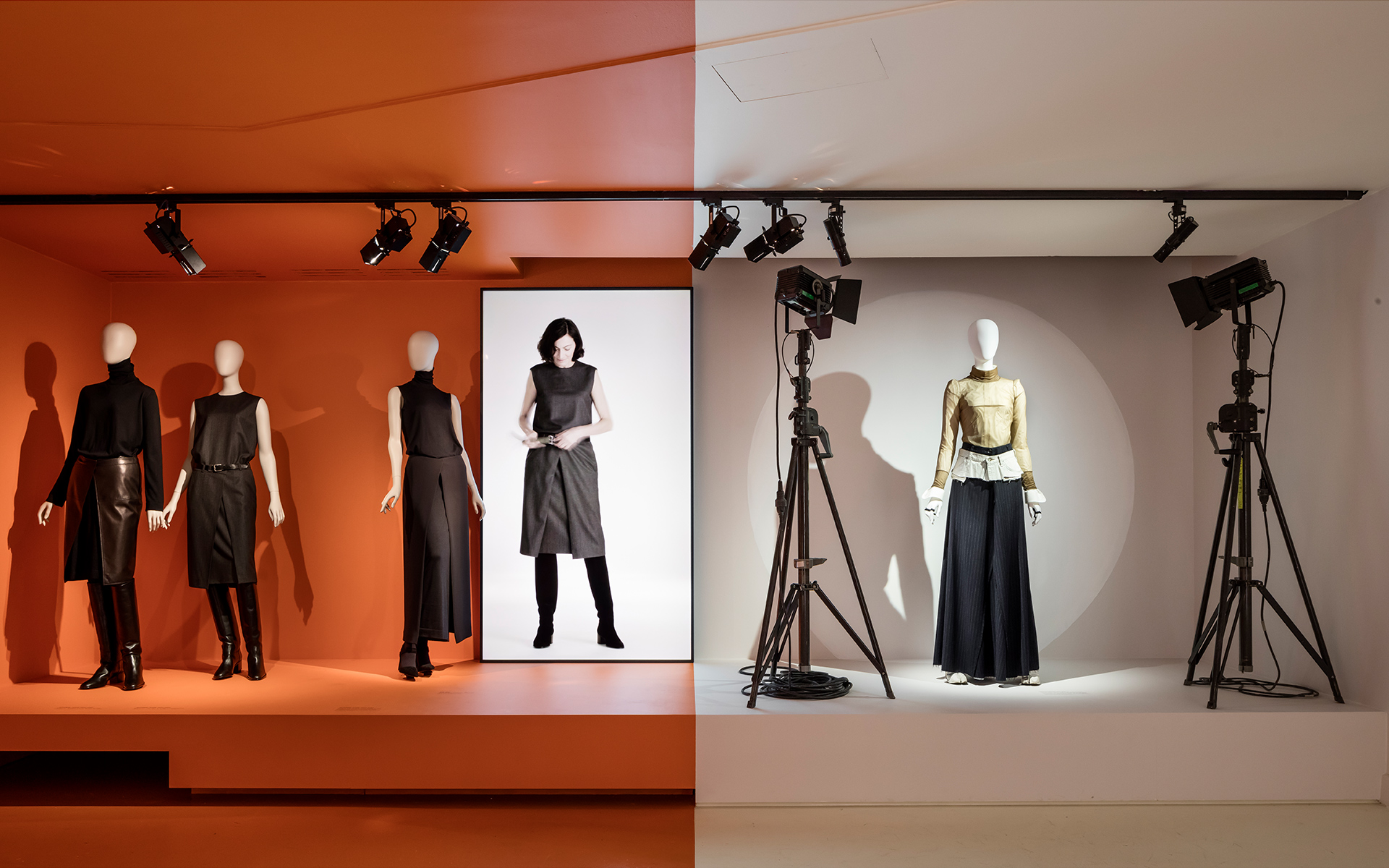
The first steps
Following this collaboration, he created his eponymous brand with his right-hand man Jenny Meirens and opened his first boutique in Paris in 1988. His style is unique and avant-garde. The watchword is “nothing is lost, everything is transformed”. He will then create collections with used clothes, found in thrift stores or at the flea market. He will go to the end of his idea by incorporating plastic packaging into his creations.
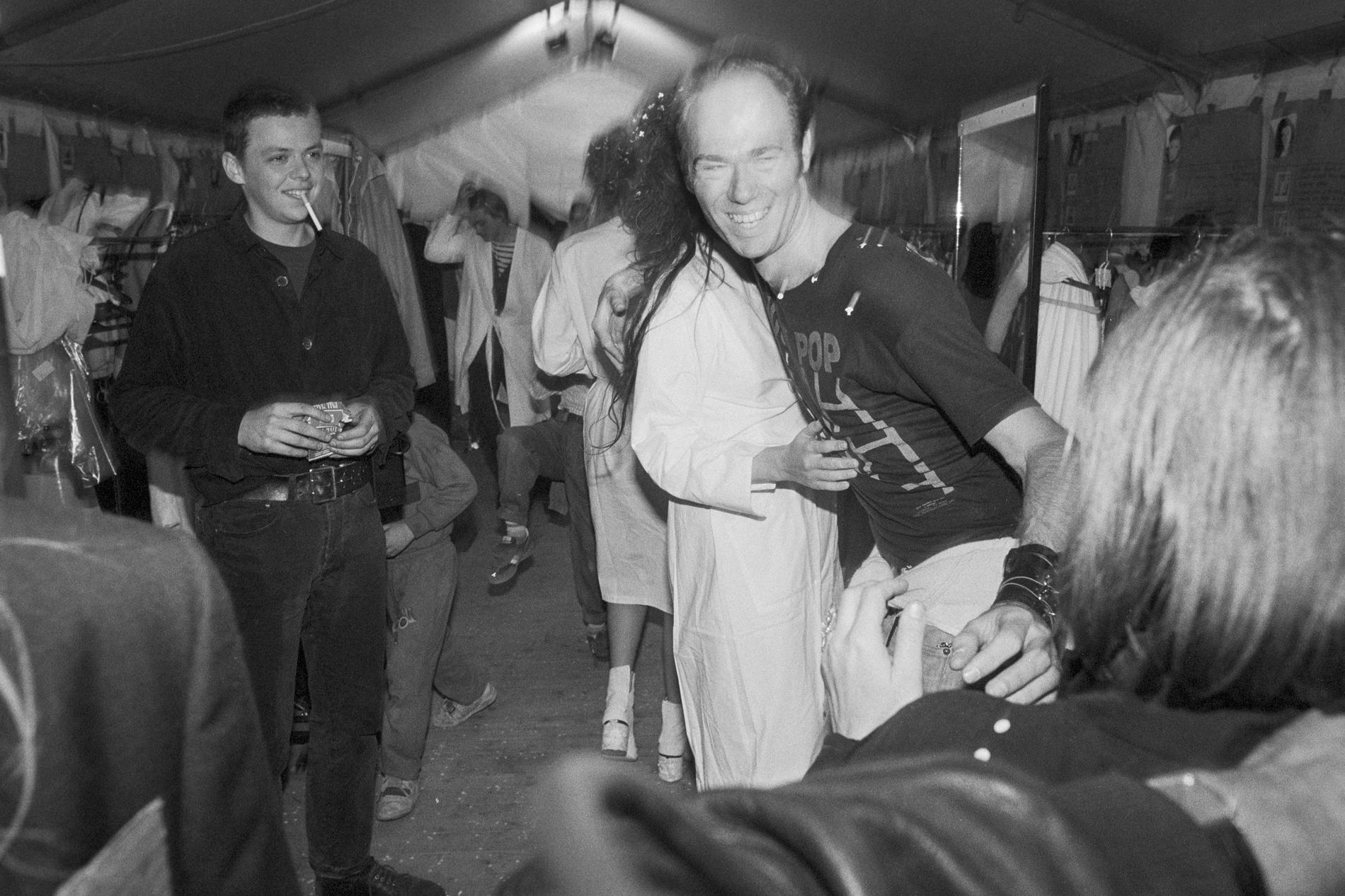
Non-conformist to the very end, he stands out by organizing his parades in unusual places such as an abandoned SNCF warehouse, a metro station or even a vacant lot.
Both male and female, very attached to the fusion of genders, the House is based on a cerebral approach to the deconstruction, reinvention and redefinition of the silhouettes of men and women.
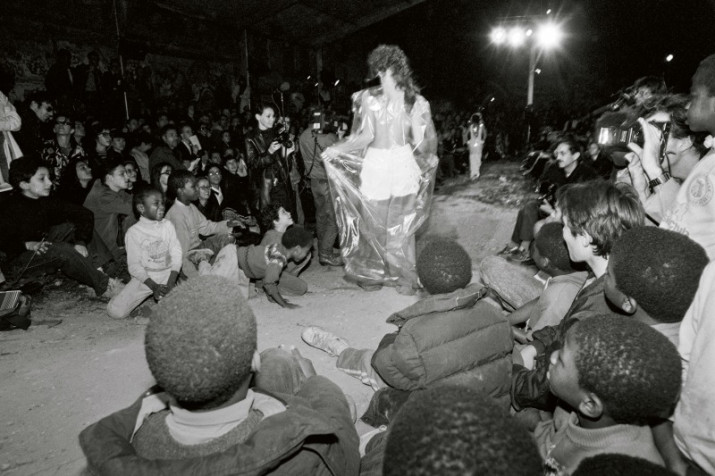
Within the House, the Belgian designer imposes a single dress code on all staff. The “white coat” uniform was then imposed and adopted. It is a founding element of the “creative collective” but also a tribute to the former Haute Couture workshops. A fan of the white color, the workshops are entirely painted in white, the furniture is covered with white sheets.
ANDAM, the beginning of the ascent
It was by winning the first ANDAM Prize in 1989 that the young designer was finally able to concentrate on his creations. With the money he gets from it, he launches his craft collection, created from recycled materials.
The Association Nationale pour le Développement des Arts de la Mode (ANDAM) is an association that organises a major competition every year to identify and launch young designers on the French and international fashion scene.
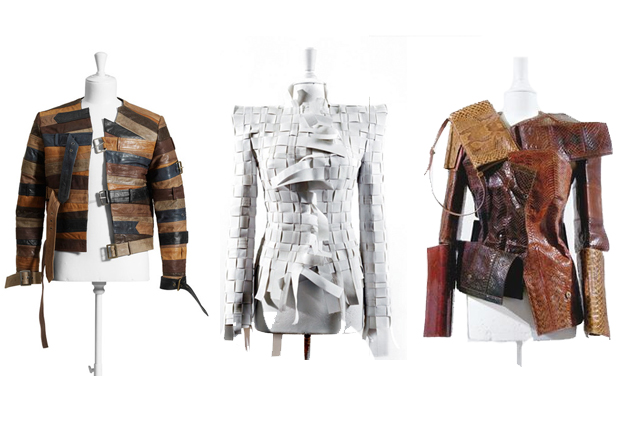
Nathalie Dufour founded ANDAM in 1989 under the aegis of Pierre Bergé, and immediately received numerous financial support. Its creation represents a decisive step in the history of international fashion and has contributed to the advent of the greatest names in contemporary fashion.
He was elected first winner only one year after founding his company.
Maison Martin Margiela : Emblematic collections
Her first women’s ready-to-wear collection was launched on 23 October 1988 in the Café de la Gare of Paris. A singular visual identity, going against the trends of the time; long and slender silhouettes are worn by masked models. During fashion shows, models often have their faces masked in order to concentrate on the garment and not on the person wearing it.
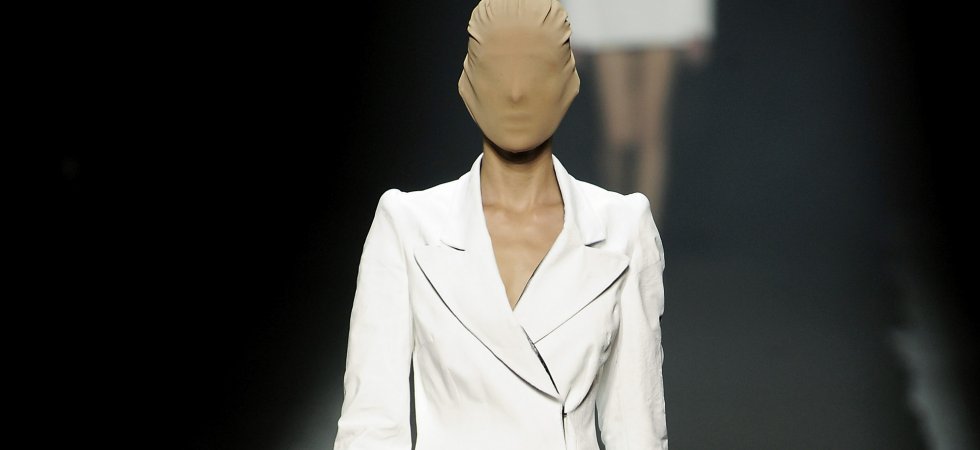
This first women’s collection included what The Independent newspaper described as “a leather butcher’s apron reworked to make it an attractive evening dress”. It also included several jackets made from old tulle dresses.
In 1992 Margiela launched one of the brand’s most famous and emblematic pieces, the “tabi” boot. It is an interpretation of the traditional Japanese sock that separates the big toe from the others. An atypical boot present in each season, derived and reworked in different materials and shapes.

The “Barbie” collection autumn-winter 1994 introduces the concept of “Replica“. The principle is to reproduce and enlarge doll’s clothes on a human scale. Since 1994, clothing and accessories collected around the world have continued to be reproduced and integrated into seasonal collections, according to the “Replica” concept.
This concept will be extended in 2005 to include fragrances with the launch of the “Replica” fragrance collection. Each fragrance awakens images and memories that recall the history of the House.
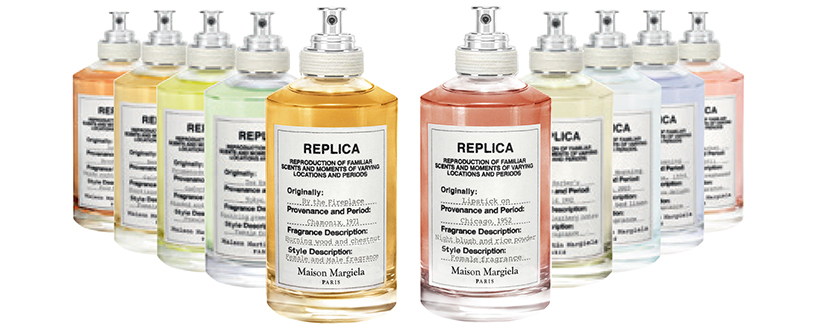
In 1998 the “Plate Collection” was created. This women’s collection explores geometry and shapes through a surprising work. Consisting of clever fasteners, which allow each piece to open and flatten completely when not worn.
The “Oversized Collection”, composed of clothing with wide-ranging and exaggerated proportions, was created in 2000. Each piece is molded for an Italian size 78 and retains its gigantic proportions when worn on a smaller body size.
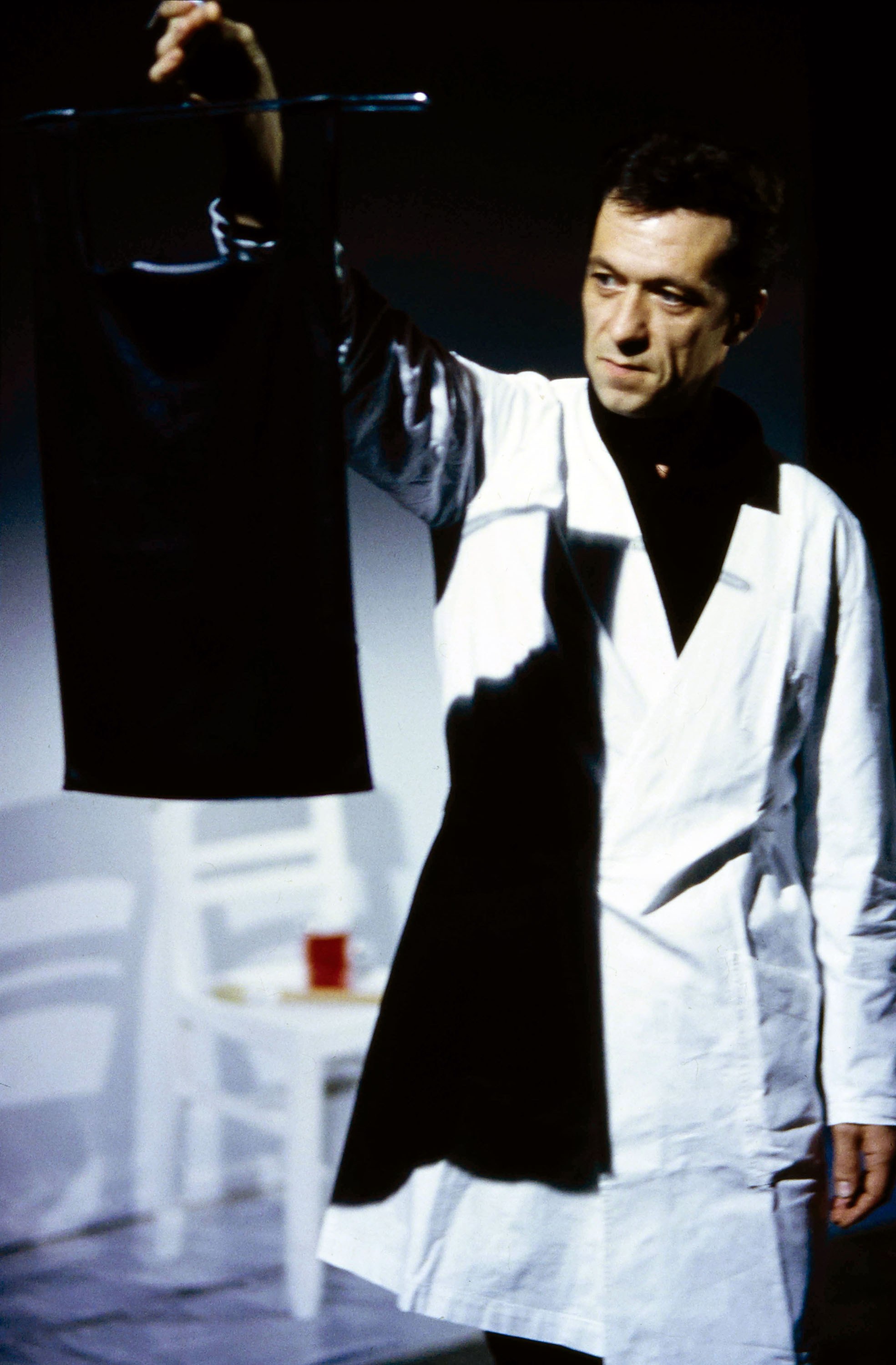
Each collection is more original than the other and is the work of genius.
Lines from 0 to 23
The collections produced draw their inspiration from haute couture, whose creations in turn serve as inspiration for ready-to-wear collections. These collections will then be derived as a line from 0 to 23. The product lines range from women’s and men’s clothing to fine jewellery, shoes, decorative objects, perfumes and household items.
Each line represents a different era and style. It is obviously Martin Margiela who was at the head of this original invention in the 90s.
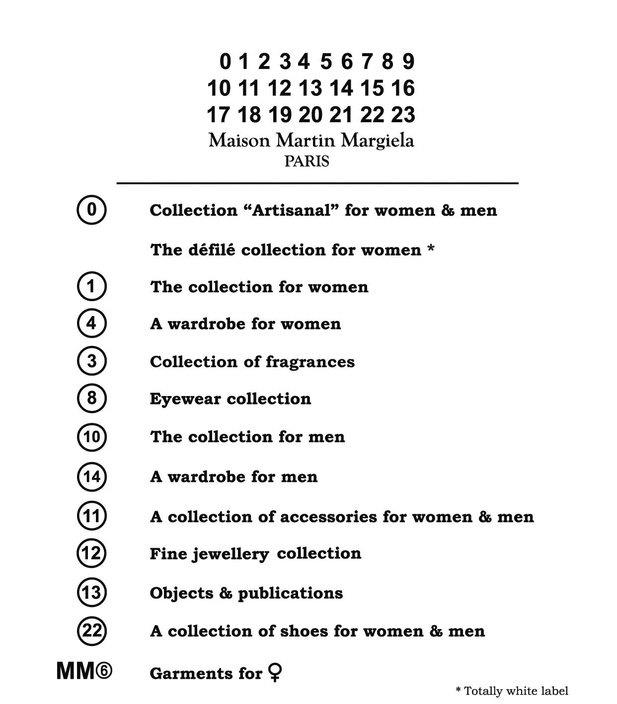
Every season, the Parisian company offers clothing lines that are in opposition to the classic codes of Milanese fashion and play on gender neutrality.
The previously immaculate label of the house is then replaced by a new one: marked in black with numbers from 0 to 23, the number circled indicates the line to which the garment corresponds.
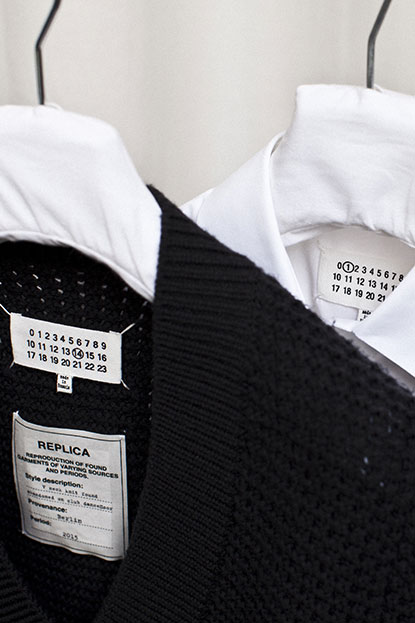
MM6 : The contemporary collection for woman
Line 6 was created in 1997, later renamed MM6. A Contemporary Line for women. MM6 considers feminine and casual codes in an unconventional way through contemporary cuts and prints found in its women’s collections, shoes, accessories and leather goods.

A single horizontal seam stitch, visible from the outside of the part, attaches the MM6 label to each of the creations.
To be found on our website!
“Haute Couture”
It is thanks to Line 0, also known as the “Artisanal” collection presented in 2006, that the House became a member of the Chambre Syndicale de la Haute Couture. Each piece is handmade in the Parisian workshops using reworked, old, found, recycled or raw materials.
In 2012 the “Artisanal” collection was officially named “Haute Couture” by the French Federation of Couture.
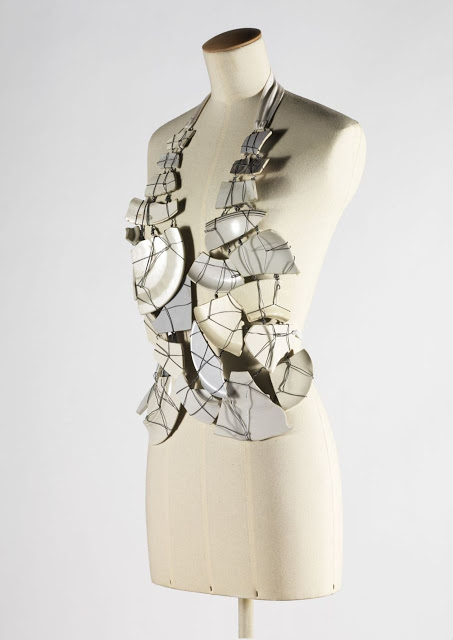
Margiela is one of the first male fashion designers invited to Pitti Immagine Uomo, the leading men’s fashion show held twice a year in Florence, Italy.
From Maison Martin Margiela to Maison Margiela
The love story between Martin Margiela and the house ends in October 2009. Indeed, the designer decides to retire and leaves his place to one of his collaborators. There is a disagreement about Renzo Rosso‘s desire to transform the House into an international brand.
Faithful to himself, the Belgian designer remains discreet about the reasons for his resignation.
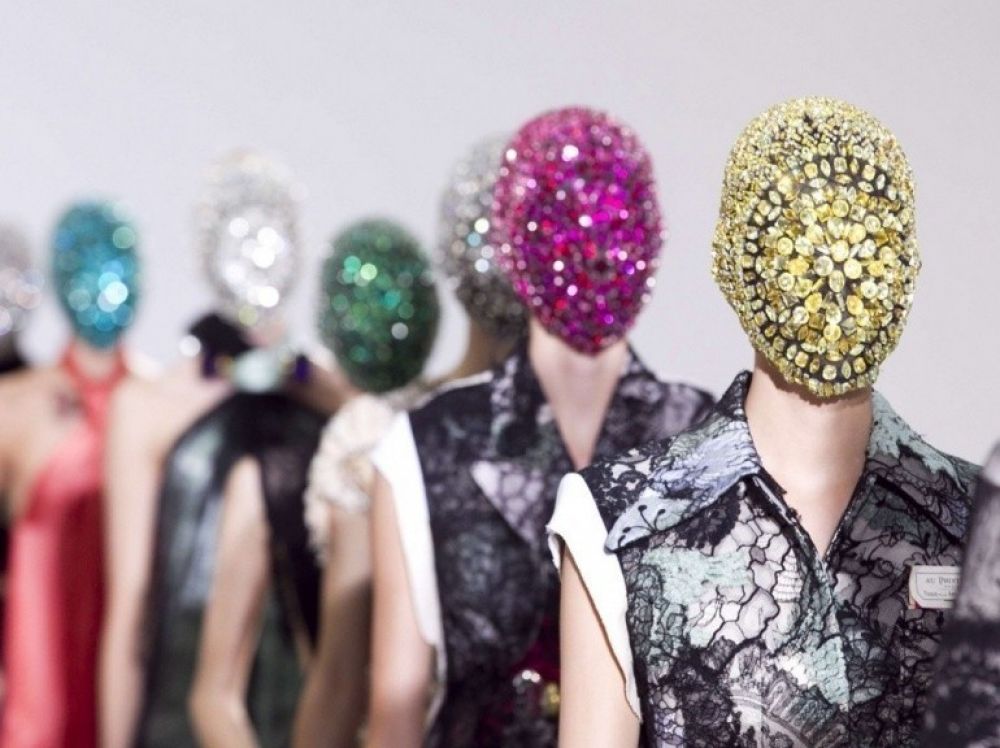
After Mr. Margiela‘s departure, the team of stylists continues to work without the appointment of an artistic director. The company wishes to remain avant-garde and provocative but without a new artistic director. It is a challenge that she has given herself and that she has taken up.
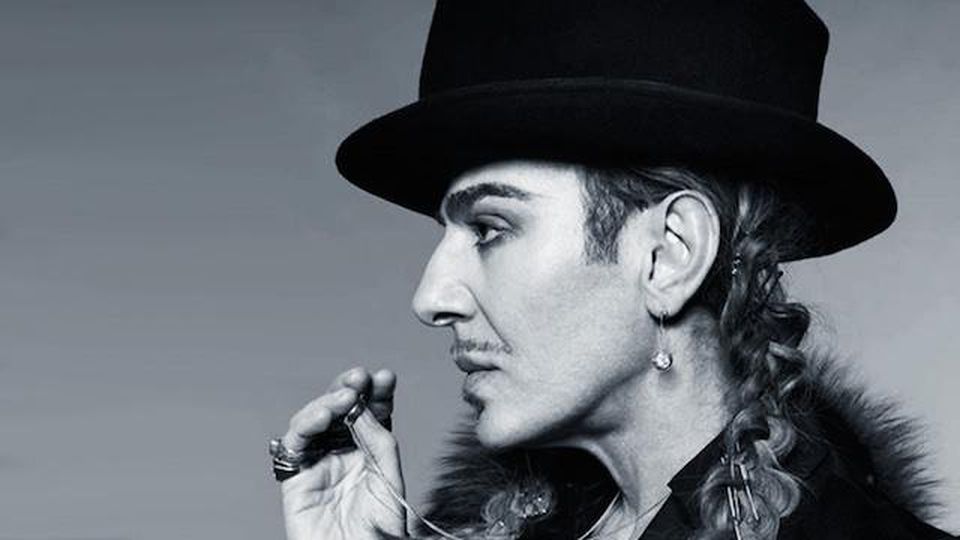
In 2014, British fashion designer John Galliano was appointed Artistic Director of the House. The house’s heritage is expressed through Galliano’s poetic vision of Haute Couture, which combines conceptualism and art, but also mystery and elegance in storytelling.
It is the beginning of a new era for the House.
A new lease of life
Accustomed to provocation and scandal, John Galliano was for more than ten years, artistic director of Dior, marking the fashion world with his fashion shows, which earned him, throughout his career, the nickname “fashion gifted”.
John Galliano had already held the same position at Givenchy and for his own brand. Margiela‘s only watchword for her new artistic director is “make her yours”.
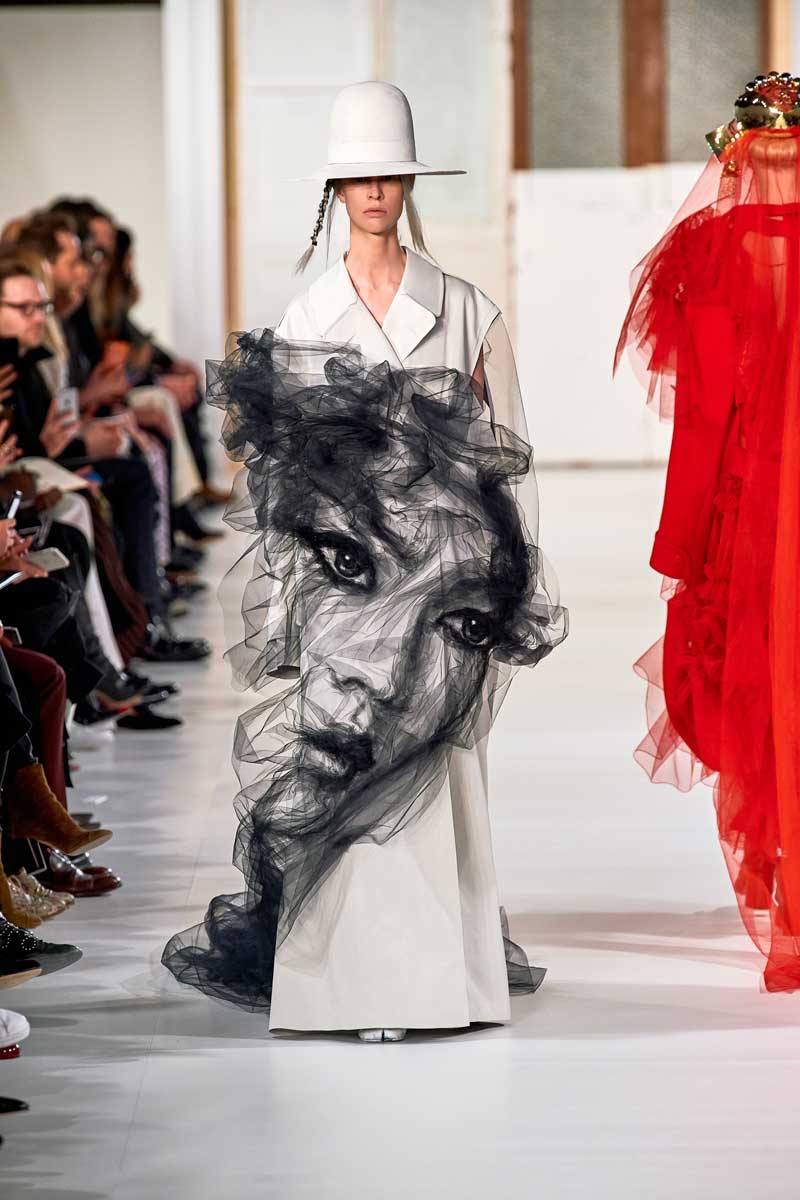
The first Maison Margiela “Artisanal” collection designed by John Galliano is presented in London during Fashion Week in 2015. The clothes are dismantled and then unexpectedly reborn. At the same time as the release of this first collection, Galliano reveals the new name of the house, the first name of the famous designer has been removed to make way only for “Maison Margiela”.
.jpeg)
The second collection includes 30 sets with neon accessories, synthetic fur ballerinas and slippers, long coats, and varnished finishes. Galliano breaks with the house’s tradition of anonymity during the parades, although he refrains from greeting the spectators at the end of the fashion show.
What is Maison Margiela today ?
Today John Galliano has positioned himself as an analyst of the society in which we operate. He translates his thoughts on the world through his creations. In recent seasons Galliano has been exploring the notion of glamour for millennials.
This year it reveals a relevant study on the overflow of visual information in the digital age.
In the premises of Maison Margiela‘s headquarters, the walls were covered with tags of all colours. A blue poodle often came up with a pattern. They were reflected on a mirror catwalk, where silhouettes with coloured patterns were paraded, woven in tapered jacquard or printed on drapes. For the creator, this perception of distorted reality represents the fake-news that overwhelm us.
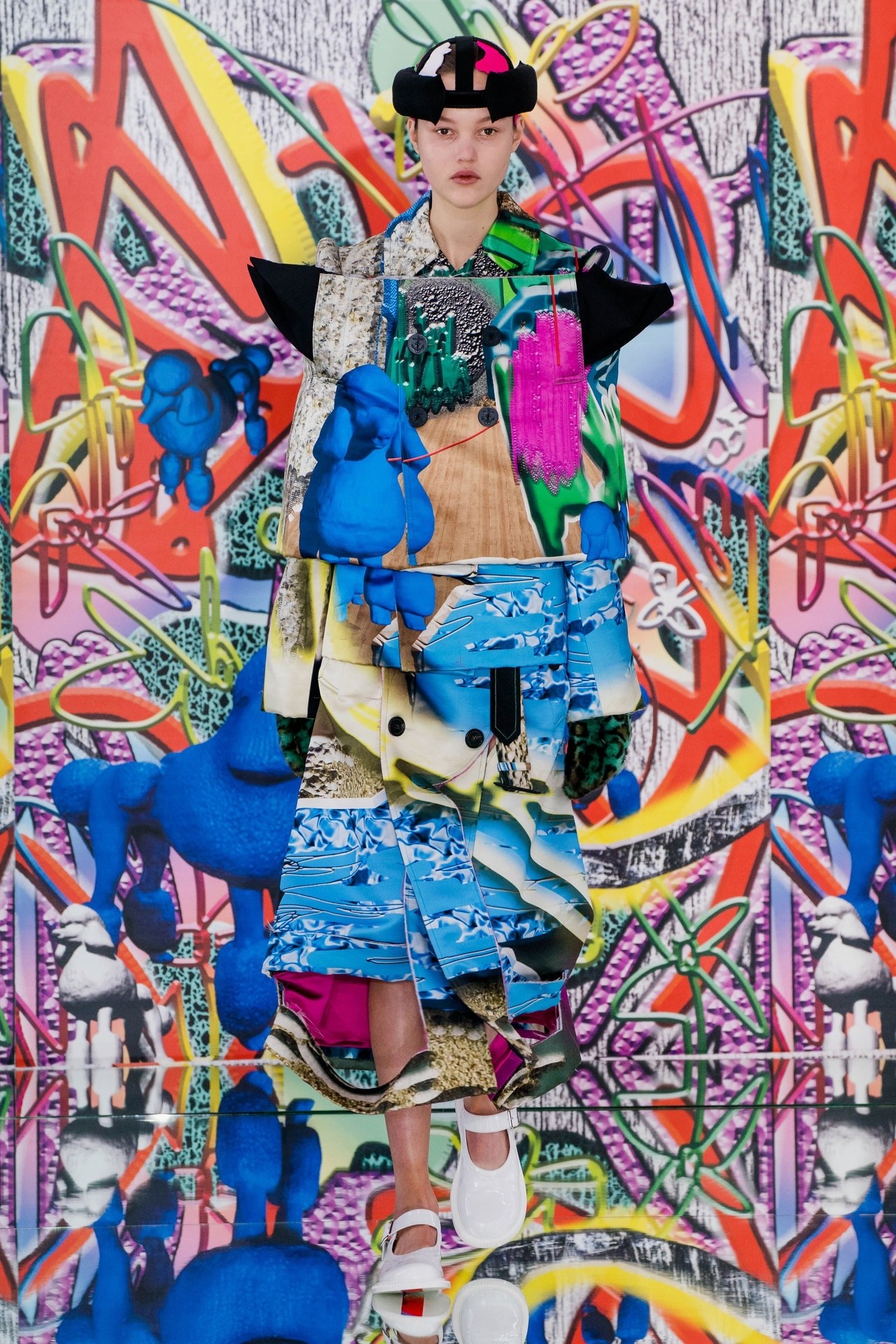
The Tribute
In 2018 the first retrospective dedicated to Martin Margiela takes place at the Palais galliera in Paris. From spring-summer 1989 to spring-summer 2009, the exhibition retraces the career of the Belgian designer who questioned both the structures of clothing and the systems of the fashion world.

This year the enigmatic creator comes out of the shadows, he is announced as a juryman for the 30th ANDAM prize. An honour for him as the first elected winner. Nevertheless, it will be impossible to see him on the souvenir photos of the event. Faithful to himself, he will not be physically present at the event, he will then be connected to the room during the jury’s deliberation.
The adored designer prefers to live hidden.
By Pauline Petit

